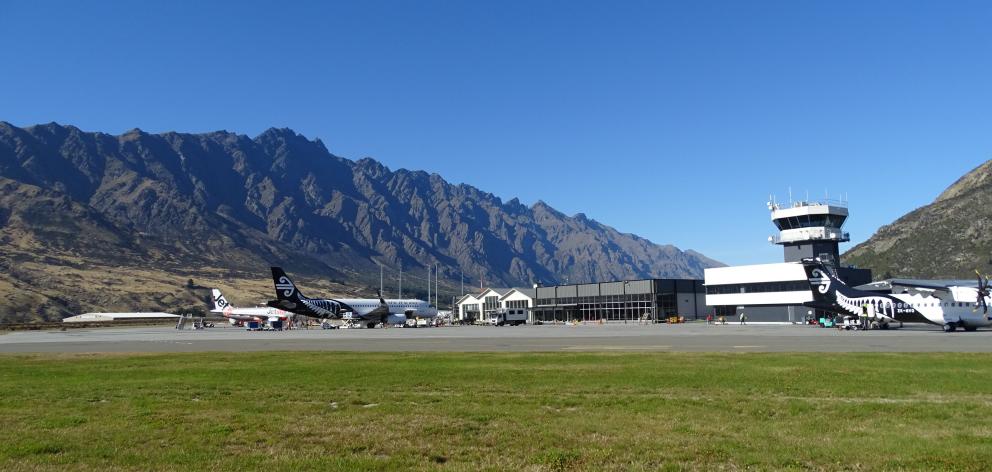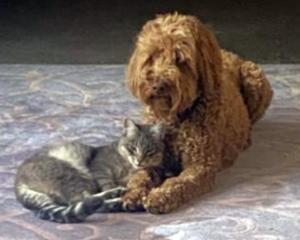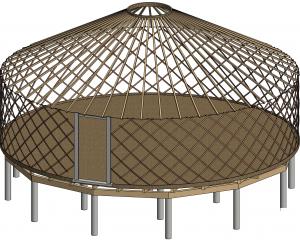
This was revealed in Queenstown Airport Corporation’s draft and final incident investigation report and some internal communications relating to the May 20 event involving Flight JQ220, that have been released to the Otago Daily Times under the Official Information Act.
Both reports were prepared by the airport’s operations and safety general manager Mike Clay and airfield and compliance manager Chris Johnson.
Flight JQ220 was scheduled to depart at 8.45pm. However, de-icing procedures meant that was delayed until 9.35pm — under Queenstown Airport’s resource consent, flights have to either be wheels up or down at 10pm.
Flights are not permitted to depart or land between 10pm and 6am, unless in an emergency.That evening, the flight took off at 10.13pm.
The pilot asked the controller at Queenstown "just to confirm to the ring of the bell, the take-off clearance has to be just before the hour of 10 (2200)".
The draft report said there was no evidence to suggest the pilot was actively seeking dispensation to depart late. In fact, "the pilot seemed resigned to the fact they would have to return to the terminal and deplane".
However, the question set off a "chain of conversations" in which the controller sought guidance aroundg late departures and the 10pm curfew.
"Concerned not to make a mistake, the controller sought guidance from QAC management on site and appeared not to understand the significance of a council curfew."
At the time, the duty manager thought the flight would either "just make or be very close to" the 10pm cut-off and they held "genuine concern" for the passengers who had already been on board for about 90 minutes.
The controller consulted QAC’s rescue fire service (RFS), the QAC terminal operations duty manager and their direct manager to seek clarification.
All parties, except the duty manager, had access to Queenstown Airport’s Aeronautical Information Publication (AIP) which set out in three places the curfew restrictions.
RFS initially referred the controller to the terminal operations duty manager, then consulted the publication and informed the controller departures between 10pm and 6am were not permitted "unless an emergency".
"However, this occurred after the controller had received approval from the duty manager."
A timeline showed the initial approval to depart came at 9.57pm.At 10pm, however, the timeline shows the pilot advised the plane would return to the gate due to curfew.
The tower advised permission to depart had been granted and when the pilot asked about Civil Aviation Authority or Air Traffic Control restrictions, they were advised there were "none".
The pilot then contacted Jetstar Operations in Melbourne confirming the flight was able to depart — Jetstar also gave approval, in doing so breaching its own internal policies.
The third and final call to the tower was answered by a security guard, who "maintained QAC’s position" the draft report said.
The report says while it was unlikely that call would have changed the outcome, "this was not the security guard’s decision to make and the phone should have been handed over to the duty manger".
The duty manager had already made the "incorrect" decision to clear the flight for take-off, however, "given the customer-facing nature of their role, it was understandable that the passengers were their primary concern", the draft report said.
In general, the staff involved on the night did not "fully understand the significance" of the council’s curfew condition in the resource consent, the importance of the relationship between the curfew requirements and the airport’s relationship with the community, in particular, airport neighbours.
One of the recommendations was to develop and implement a procedure to ensure the handover of the duty phone at night to security only took place at the end of a shift "and not before".











